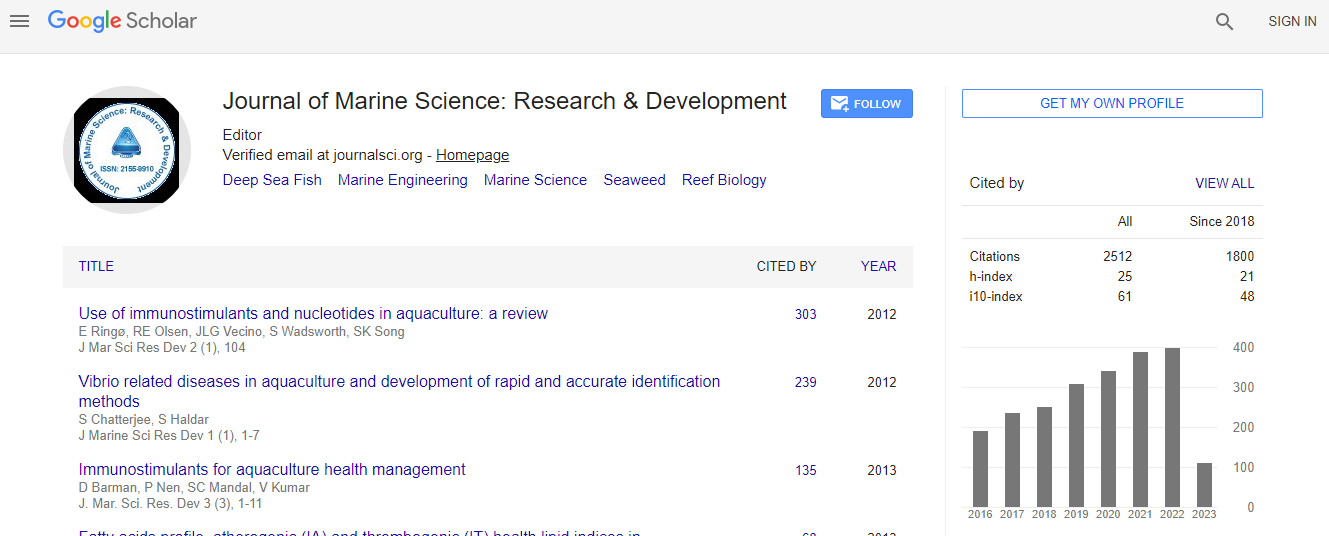Research Article
Last “Atypical” Beaked Whales Mass Stranding in the Canary Islands (July, 2004)
A Fernández1*, E. Sierra1, V. Martín2, M. Méndez1, S. Sacchinni1, Y. Bernaldo de Quirós1, M. Andrada1, M. Rivero1, O. Quesada1, M. Tejedor2 and Arbelo M11Veterinary Histology and Pathology, Institute of Animal Health, Veterinary School, University of Las Palmas de Gran Canaria, Canary Islands, Spain
2Society for the Study of Cetaceans in the Archipelago Canary (SECAC) – Canary Islands, Spain
- *Corresponding Author:
- Dr. A Fernández
Veterinary Histology and Pathology
Institute of Animal Health, Veterinary School
University of Las Palmas de Gran Canaria
Canary Islands, Spain
E-mail: afernandez@dmor.ulpgc.es
Received date March 07, 2012; Accepted date April 21, 2012; Published date April 23, 2012
Citation: Fernández A, Sierra E, Martín V, Méndez M, Sacchinni S, et al. (2012) Last “Atypical” Beaked Whales Mass Stranding in the Canary Islands (July, 2004). J Marine Sci Res Dev 2:107. doi: 10.4172/2155-9910.1000107
Copyright: © 2012 Fernández A, et al. This is an open-access article distributed under the terms of the Creative Commons Attribution License, which permits unrestricted use, distribution, and reproduction in any medium, provided the original author and source are credited.
Abstract
In July 2004, four Ziphius cavirostris stranded in the Canary Islands several days after an international naval exercises were conducted north of the Canary Islands. During the maneuvers high intensity mid-frequency sonar was used. Three of the animals were fully necropsied. Abundant fresh non-digestive aliment was found in all stomachs. Hemorrhages were a constant finding in several organs. Although “in vivo” gas embolism could not be established due to decomposition, systemic fat embolism was diagnosed in all three beaked whales. Epidemiological and pathological findings were highly consistent with an “atypical” beaked whale mass stranding that was temporally and spatially associated with sonar. This was the last atypical mass stranding in the Canary Islands once an antisonar moratorium was established around the islands, following the EU parliament recommendation and Spanish government resolution in 2004.

 Spanish
Spanish  Chinese
Chinese  Russian
Russian  German
German  French
French  Japanese
Japanese  Portuguese
Portuguese  Hindi
Hindi 